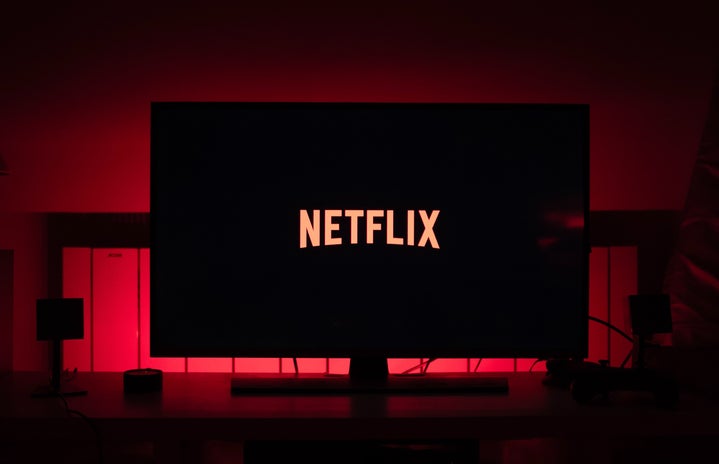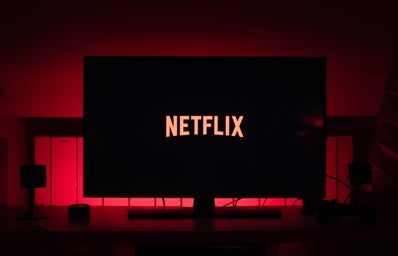If you’re like me and already love British historical television—especially involving the one and only Queen Elizabeth II—then deciding to watch Netflix’s new series The Crown would not be a hard choice for you. But for those who are new or green in any of these areas might need a bit of persuading. The show has faced both excellent and not-so-excellent reviews since its premiere on November 4th. But I personally, I rank this show at one of the top series done all year. It has excellent acting and cinematography, but also has some modern themes that make looking back on a turbulent time in England interesting for all. I highly encourage people to watch it not only to diversify their Netflix queues, but also to take a look into something completely different from the American political and social world. Here are five reasons The Crown is absolutely worth your time, no matter what the critics say:
- It’s historical. The show starts at Elizabeth and Philip’s wedding in 1947. Though the show says only, “Based on true events,” everything that happens on screen did happen in some form in real life. If you have seen The King’s Speech, this show starts up pretty much where that film ends. The show has many flashbacks to the abdication of King Edward (Alex Jennings), when King George VI (Jared Harris) and his wife Elizabeth (Victoria Hamilton) are forced into the crown with their two young girls Elizabeth and Margaret. The show also has recurring and stunning roles by Winston Churchill (John Lithgow) and King George’s esquire Peter Townsend (Ben Miles). From there, everything follows as closely as possible to what happened in the years from 1947-1955. Needless to say, things get interesting.
- It’s political. In a time as politically uncertain as our own, looking into the political struggles of another influential country is almost comforting. Hand in hand with the history of this show come the political themes of parliament and the prime ministers that so shaped the early reign of Elizabeth. Winston Churchill’s attempt to hold onto power, the relationship between Elizabeth and her private secretaries, and the whole balance of “Elizabeth Windsor” and “Elizabeth Regina” makes for a compelling, beautiful exploration of the ascension process. It also presents a fascinating look into what makes “the crown” so important to the British people, and why a betrayal like that of King Edward means so much to the country and its royal family. It might seem silly to Americans, but this political structure has morphed over time to become what it is today. Understanding the intricacies of the modern monarchy presents an alternative to our own government, which is surprisingly the similar in many ways.
- It’s humanist. Those who are not already hooked by the political or historical aspects of this show will be happy to know that it also highlights themes of British colonialism during the 50s. This was the last real period of “successful” colonization for the island that once ruled the world, and recognizing that full-blown colonialism was still happening this close to our own time is essential to our understanding of culture and human relations today. Though some say that the show glossed over the significance scenes in colonized Kenya or Egypt, I disagree wholeheartedly. Elizabeth’s careful respect to the native people of Kenya starkly contrasts the scores of white British colonizers sitting in chairs in the background. Though the show cannot change history by making Elizabeth challenge British colonization, it does what it can to make sure the audience knows the harmful and abusive consequences of overtaking a culture. What could have been ignored is instead amplified for our benefit.
- It’s feminist. For once, the female main character in a show has more power than the men. Though the show has to deal with the gender restrictions of the 1950s, it still produces thought-provoking scenes that challenge the typical ideals of women in that time. Elizabeth has to deal with the challenges of an all-male parliament and overbearing male advisors telling her what to do. But the show does an excellent job of portraying a queen who knows little of reign, but ultimately finds the courage to make men think about their assumptions. And as queen consort, Philip has to deal with a lot of emasculating things during his reign as prince. Though these sacrifices might be unexpected to men, not only to the men of the 50s, but also to men of today, they represent an important and crucial role of the husband of a queen. The problems that women would normally face in media are instead swapped, highlighted by oscillating scenes of the battle between female empowerment and doubt. Elizabeth has to face criticism not only for her age and her inexperience, but also her gender and her emasculation of her husband. That is not an easy position, and it makes watching captivatingly complicated.
- It’s relevant. If all of the above still didn’t catch your interest, think about the constant binary battles being fought during this series. Women versus men, politics versus personality, wrong versus right, love versus duty, power versus doubt. Every character encounters one of these themes, and complicates what could have been an easy-watching experience. The actors are restricted by the actual history of the royal family, but that does not stop them from performing a beautiful and rich battle between the duties of the crown and the desires of the heart. We can all relate to that in the current climate of today, when things seem uncertain and scary. We will win some battles and lose others, but the ship will not sink. For an hour, take a chance on forgetting your own problems and get ready to jump head first into the unexpectedly captivating life of one of the strongest, most inspiring women of our time.


